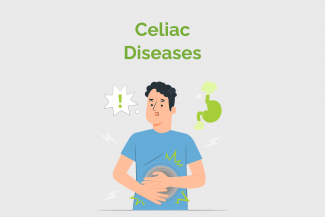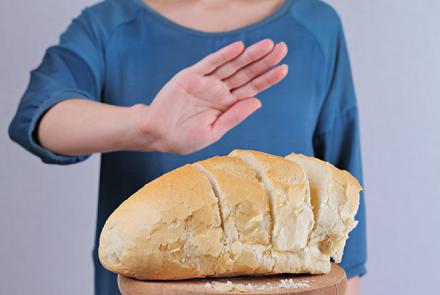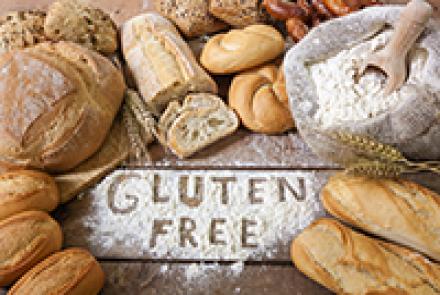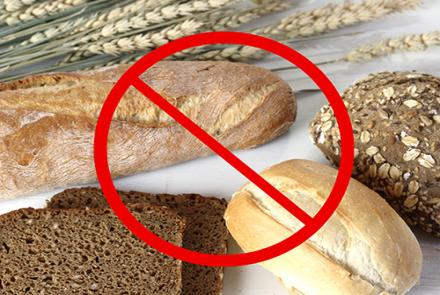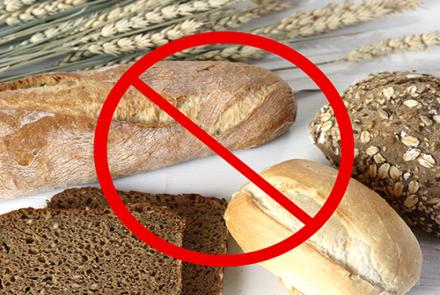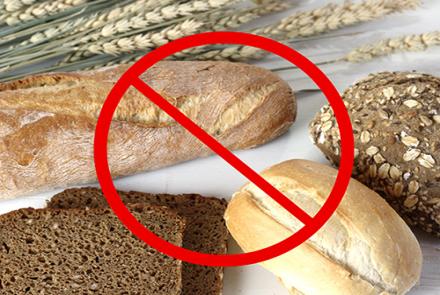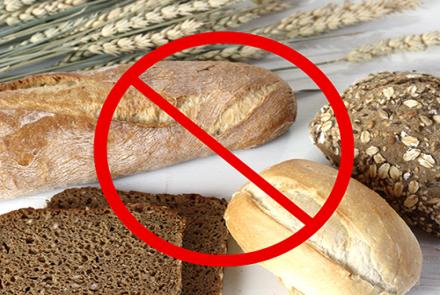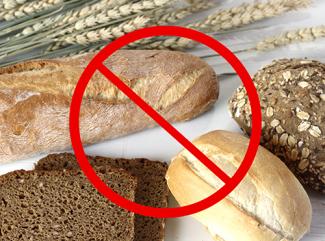
Principles of gluten free diet include
- Avoid all foods made from wheat, rye and barley. (Examples: Cereals, Pasta, Breads, Crackers, Cakes, Pies, Cookies)
- Avoid oats because some oat preparations can be contaminated with wheat.
- Processed foods may contain gluten. Wheat flour is a common ingredient in many processed foods. Example: canned soups, salad dressing, ice cream, candy bars, instant coffee, luncheon meats and processed meats, ketchup, mustard, yoghurt, pasta.
- Beware of tablets, capsules, vitamin preparations that contain gluten.
- Avoid beer.
- Avoid milk and other dairy products that contain lactose.
Malnourished people should consult their doctor about taking a multivitamin. Patients with iron deficiency anaemia should be treated with iron. Patients with anaemia due to folate or B12 deficiency should be treated with folic acid and B12. Patients with low blood calcium levels or with osteoporosis should be treated with calcium and vitamin D supplements
Related reading: http://www.patientsengage.com/healthy-living/do-you-need-more-iron-your-diet
Diet
Eat fuit, vegetables, meat, fish, seafood, legumes and nuts. Rice is gluten free and can be included in diet.
Exercise
Once you are on a gluten-free diet and are not losing weight, it is fine to exercise. In fact exercise increases blood circulation, which is good for gut health and digestion.
Speak to your doctor before starting on an exercise regimen so you know you are in optimum health. Low iron levels could mean low energy and low calcium levels could mean weak bones. Your doctor can advise on the best exercise and diet plan to support the increased activity.
Know your support team
- Family medicine doctors
- Paediatricians
- Dieticians
- Internists
- Nurse practitioners

